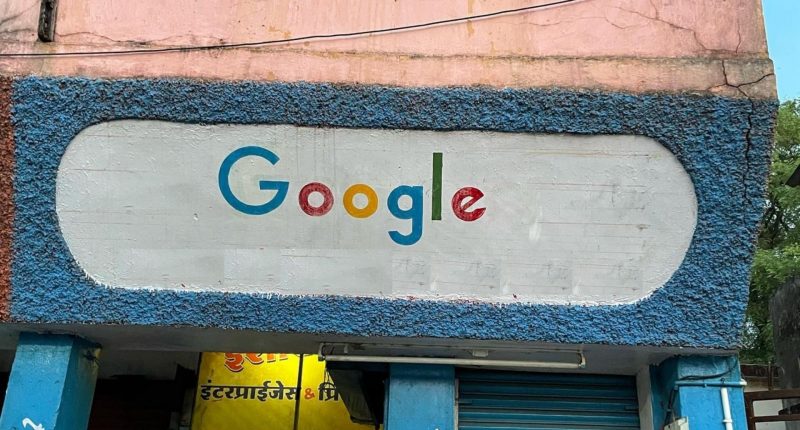After failing to avoid the recent antitrust directives imposed upon it by the Competition Commission of India (CCI), tech giant Google has finally agreed to support a third-party billing system for Google Play Store purchases in the world’s second-largest internet market, India.
On a support page, the company announced that it is officially enabling all developers in India to use an alternative billing system for mobile and tablet users. The company said that it arrived at this decision in “response to recent regulatory developments” in the Indian market.
With this, Indian users will have the option to resort to either alternative payment methods or Google Play Store’s own billing system. The move is expected to provide greater flexibility and choice for users and developers in India, especially since many users in India are known to prefer to use alternative payment systems like Paytm, PhonePe, or UPI, which are often more convenient, secure, and user-friendly. Google added that developers who looking to add an alternative billing system will be required to meet several criteria, as well as take interim steps while the company works on APIs to streamline integration this year.
The development is a victory for developers as well since Google’s compliance with the local regulatory directions also provides them with the option to avoid paying much of the hefty commission that is charged by the Google Play Store. Under the new Play Store policies, the Google Play Service fee will be reduced by 4% if users make payments through an alternative billing system – which means that developers will still have to pay 11% or 26% in commission to Google, based on how much they earn from their apps. For those who are unaware, Google currently charges developers a commission of 15% or 30%, depending on how much their annual Play Store revenue is, for using its platform and payment tools.
Google’s decision, while noteworthy, is not unexpected. It comes nearly a month after the company published a list of changes to its policies in a blog post, including allowing third-party app store downloads on the Play Store. That came after a hefty fine of $161 million was imposed upon it by the CCI last year for abusing its dominance in multiple markets, and the company was directed to make changes to its business model in the country.
The imposition of the financial penalty served as the prelude to a tussle between Google and the CCI and ended when the tech titan failed to convince the Supreme Court to stay the CCI order. Google argued that the sweeping changes that it was directed to make would be harmful to the growth of the Android ecosystem in India (it powers over 97% of smartphones in the country). And while it continues to challenge the decision, it later announced that it would be complying with the order.
Overall, the company’s decision to allow third-party billing for in-app purchases in India is a welcome development for users and developers alike and will give developers a greater degree of control over their payment systems.
